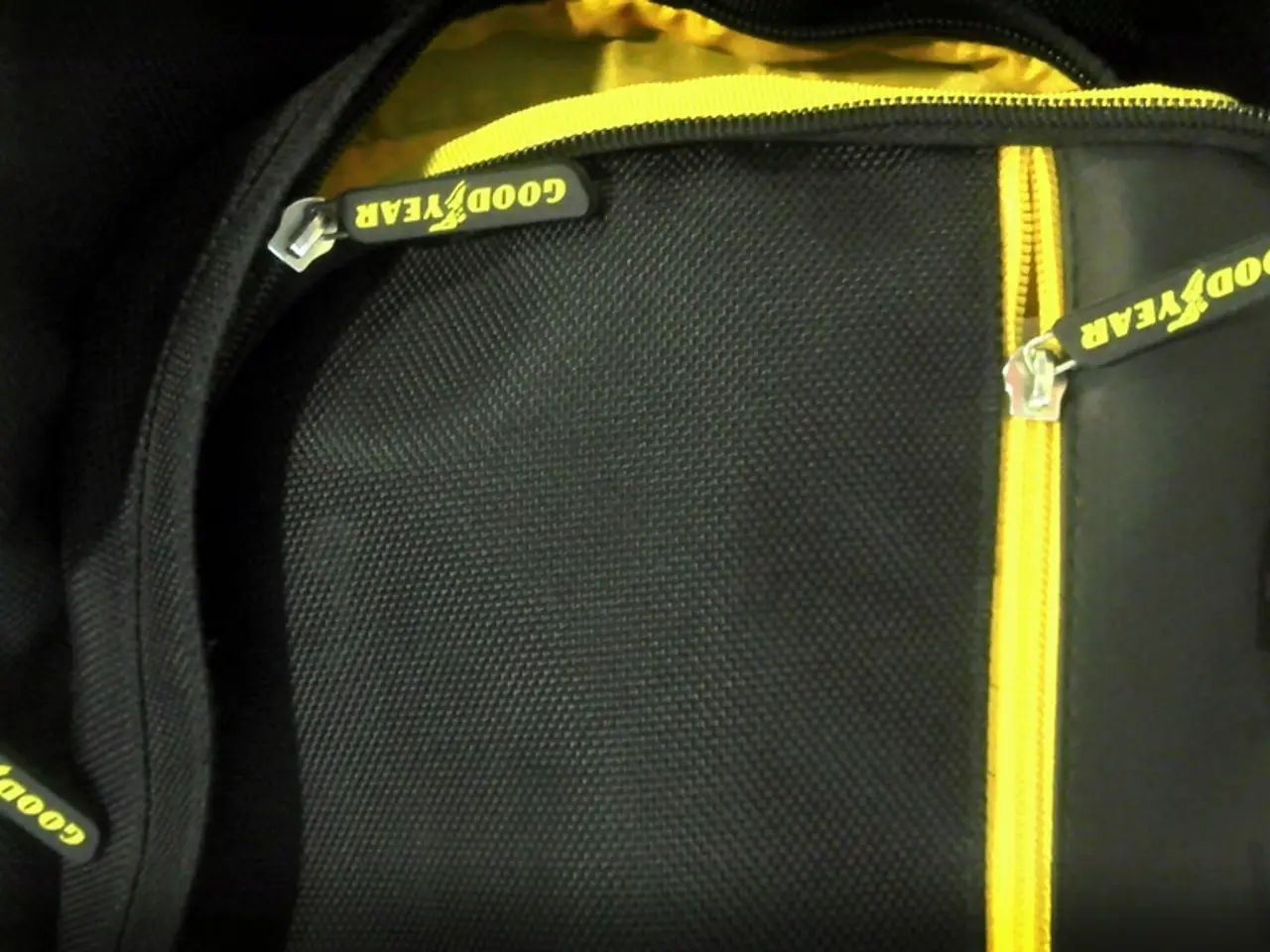Catastrophic Data Breach Affects Nearly 900,000 College Students and Graduates - Sensitive Information like Financial Aid Details, Social Security Numbers, and More Exposed for Possible Misuse
Major Data Breach Affects Over 870,000 Individuals at Columbia University
In a concerning development, an unauthorized third-party has gained access to Columbia University's network, resulting in a significant data breach. The breach, which was discovered and reported to law enforcement after a June 24th outage affected some of the university's systems, has exposed the personal, financial, and health information of approximately 870,000 individuals.
The stolen data includes sensitive information such as full names, dates of birth, Social Security numbers, contact details, demographic information, academic history, financial aid-related information, insurance-related information, and health information. However, it is important to note that patient records from Columbia University Irving Medical Center were not affected by the breach.
In response to the breach, Columbia University has taken steps to help protect those affected. They are offering two years of free credit monitoring, fraud consultation, and identity theft restoration services to those affected through Kroll.
To further protect oneself, it is recommended to:
- Monitor account statements and credit reports closely to detect any signs of identity theft or fraudulent activity.
- Take advantage of the university’s offer of complimentary credit monitoring services provided through Kroll or a similar service.
- Be vigilant for phishing attempts or scams that may increase after such a breach, especially those pretending to be from the university or related financial institutions.
- Change passwords and enhance security measures for Columbia University accounts and any other accounts using the same or similar credentials.
- Review personal information in credit reports and dispute any suspicious entries promptly.
- Keep an eye on mailed notifications from Columbia starting from August 7, 2025, as they provide specific information on whether you were affected and recommended steps.
It is also crucial to stay vigilant against phishing and social engineering attacks, and to avoid clicking on links, QR codes, or attachments from unknown senders. Being wary of offers that seem too good to be true through social media or contacts can help protect against most common social engineering attacks.
The hackers who carried out this breach have been targeting healthcare providers, and this incident could be a sign that they are once again targeting schools, colleges, and other educational institutions. Practicing proper cyber hygiene and educating oneself about the latest online scams and cyberattacks is important, especially with back to school right around the corner.
While a quality antivirus software will provide different features to keep users safe online, including one of the best VPNs with browser-level privacy protection, it is important to note that identity theft protection is more useful after a major data breach like this one.
As of yet, there is no evidence that the stolen data has been used in any identity theft or fraud attempts. However, staying vigilant and taking the recommended steps will help reduce the risk from identity theft and fraud that may arise from this significant data breach.
[1] Columbia University Official Statement: https://www.columbia.edu/content/columbia-university-data-security-incident [2] Kroll Services Offer: https://www.columbia.edu/content/columbia-university-data-security-incident-identity-protection-services [3] Columbia University Data Breach Investigation: https://www.bleepingcomputer.com/news/security/columbia-university-data-breach-investigation-reveals-460gb-of-stolen-data/ [4] Columbia University Data Breach Affects Over 870,000 Individuals: https://www.forbes.com/sites/samanthawolfe/2022/08/01/columbia-university-data-breach-affects-over-870000-individuals/?sh=62a5030b29b4 [5] Columbia University Data Breach: What You Need to Know: https://www.consumerreports.org/identity-theft/columbia-university-data-breach-what-you-need-to-know/
In light of the data breach affecting 870,000 individuals at Columbia University, it's essential to be mindful of personal finances by closely monitoring account statements and credit reports to detect any unusual activities. Moreover, in response to the breach, individuals can avail themselves of the university's complimentary credit monitoring services provided by Kroll for added protection.




